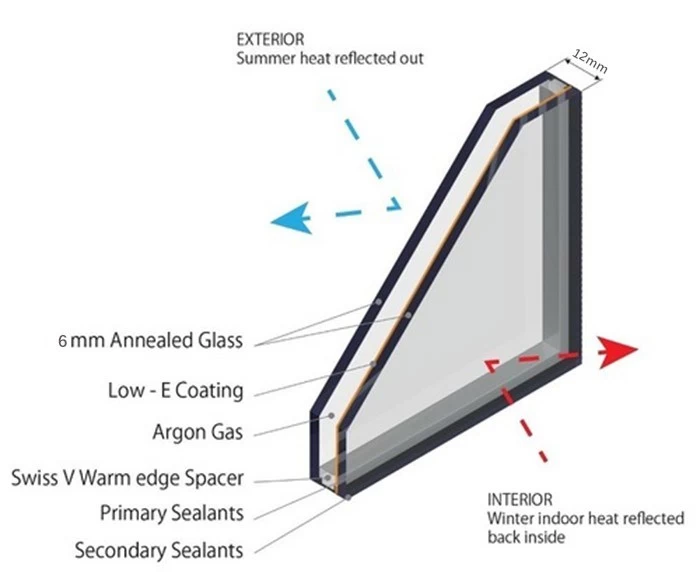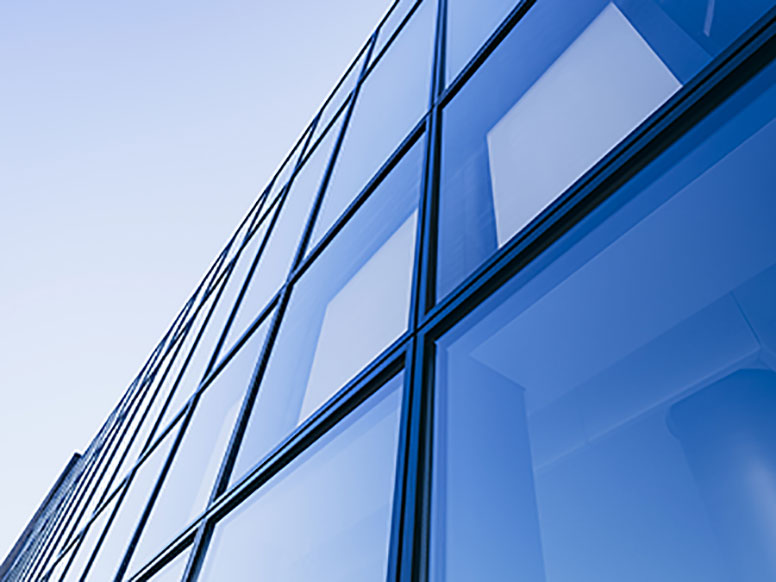All Categories
Featured
Table of Contents
Double Glazed Windows in Fremantle Perth
Laminated glass is typically used in areas in the home most susceptible to injury from human effect such as bathrooms, doors, around staircases and in locations close to the flooring (it fulfills the requirements of 'security glass' that is mandated for usage in these areas by Australian Basic AS 1288 Glass in structures).
Toughened glass has actually been 'tempered' by being reheated and quickly cooled once again. This process makes it much more powerful than standard glass it can withstand greater impact loads before breaking. It also makes it much safer due to the fact that, when it does shatter, it burglarizes many little cubic pieces instead of unsafe fragments.
Double Glazing For Warmer Temperature : R/melbourne in Bellevue Perth
However, toughened glass has no thermal or acoustic advantages over other glass of the exact same toning or thickness. Secondary glazing is where single-glazed windows are retrofitted with a transparent acrylic or glass sheet attached to the within of the frame or openable sash with a secondary frame or with magnetic strips.


Secondary glazing will not perform as well thermally as a produced IGU, because it is difficult to absolutely seal the boundary, but it can offer excellent noise control. Window films are a thin polymer film containing a taking in dye or reflective metal layer, with an adhesive backing. They stay with your glazing to alter its colour or make it reflective.
The Ultimate Guide To Double Glazed Windows in Heathridge Perth
Applied to existing glass, some window movies can cut in half the general SHGC of the window by taking in and/or reflecting solar radiation. This can be particularly helpful in hotter environments where cooling is the primary concern, or on east and west elevations directly exposed to extended periods of sunshine. However, window films might also lower noticeable light transmittance.

For this reason, it is usually best to use a recognized installer of window film. Frames have a significant effect on the thermal efficiency of doors and windows, due to the fact that energy can be gained and lost through the frame, as well as through the glass. Various types of frame will allow various levels of heat gain and loss, so cautious choice of frame is necessary for efficient passive style.
Summer Scorcher Predicted, Again! Double Glazed ... in Spearwood Western Australia
Nevertheless, aluminium is likewise an excellent conductor of heat and will reduce the insulating value of a glazing system, unless particularly engineered to minimize this. A 'thermally broken' frame is comprised of 2 aluminium sections linked by a structural insulator (normally a low-conductivity structural polymer). This 'breaks' the thermal connection through the aluminium and reduces the heat flowing through the frame.
Lumber frames are a great natural insulator that can suit some house styles. Wood frames must be made from species that have naturally high resilience or be treated to prevent decay and contortion.
Double Glazed Windows Brisbane in Sorrento WA
(weather condition removing) is set up.
u, PVC doors and windows have outstanding thermal performance Image: Ben Wrigley (Light Home Architecture and Science) Composite frames utilize aluminium profiles on the external areas with either a wood or u, PVC inner area. These integrate the low upkeep and resilience of aluminium with much enhanced thermal efficiency.
Table of Contents
Latest Posts
Fitting A Cabin In Your Garden? Get Double Glazing Fitted Too in Connolly Perth
Brisbane's Best Double Glazed Windows in Stirling Western Australia
Twinglaze® Double Glaze Specification Act - Vic in Bickley Western Australia
More
Latest Posts
Fitting A Cabin In Your Garden? Get Double Glazing Fitted Too in Connolly Perth
Brisbane's Best Double Glazed Windows in Stirling Western Australia
Twinglaze® Double Glaze Specification Act - Vic in Bickley Western Australia